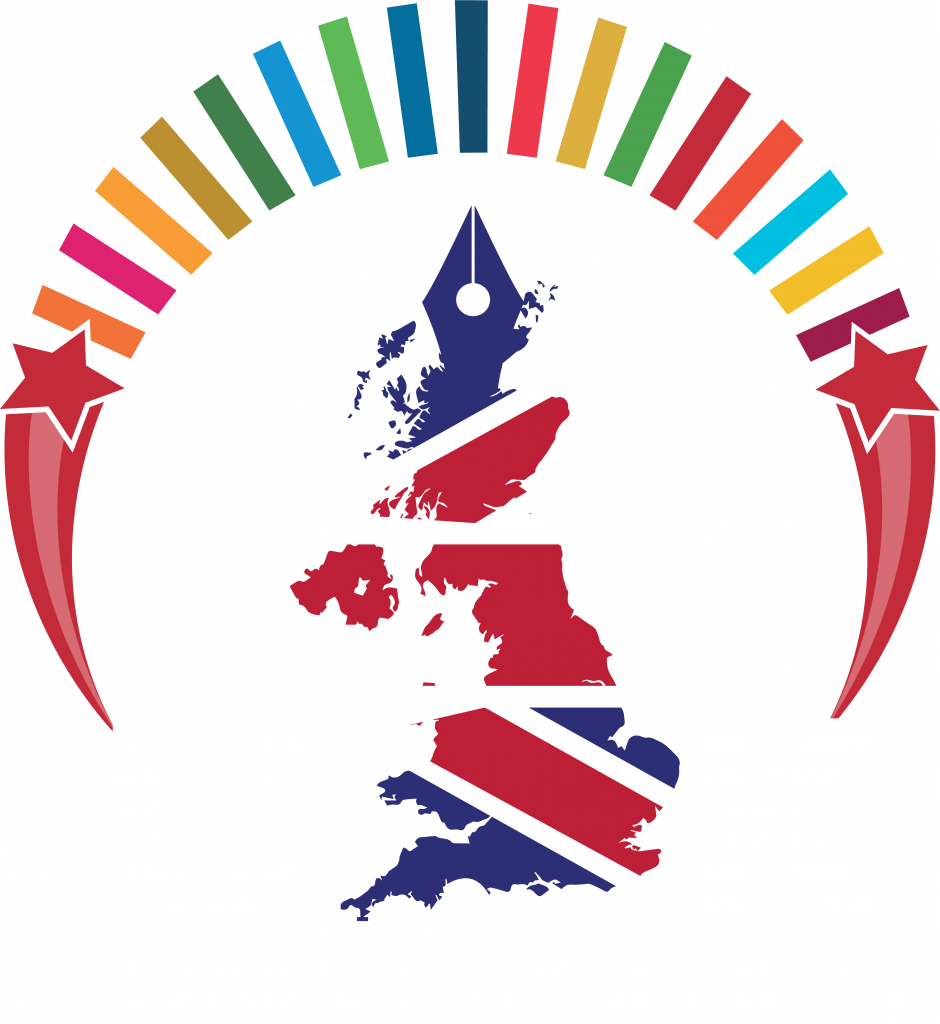UK (University of South Wales) USW Impact & Innovation Awards 2022

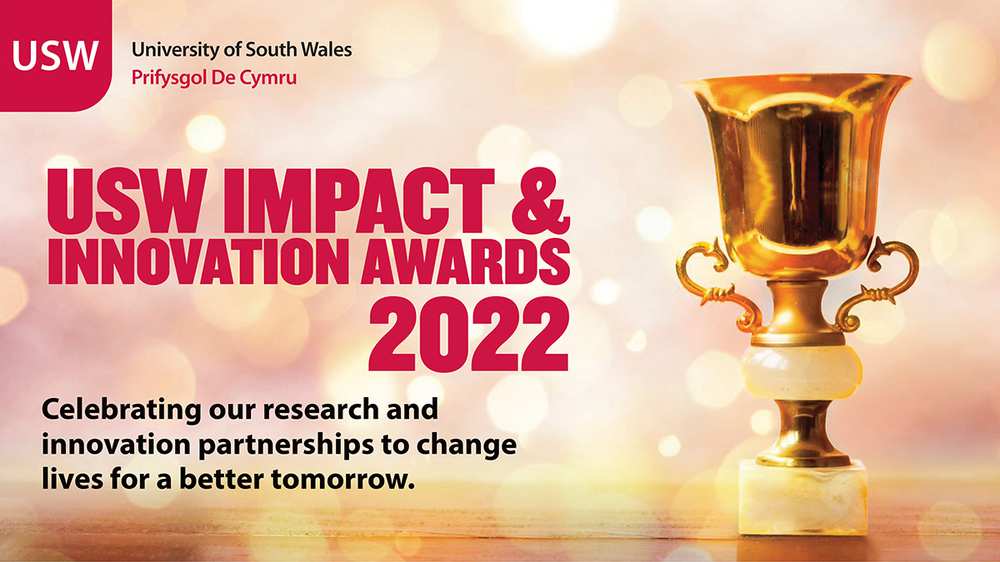
The University of South Wales (USW) is holding its annual Impact & Innovation Awards in May, in celebration of research that makes an impact on the community and wider society in Wales, nationally and internationally.
This year, 26 entries were received from a wide spectrum of disciplines and from researchers at different stages of their careers.
The applications address some of the most significant challenges facing society today, from developing government policy on low emission transport, to supporting the growth of digital storytelling, to helping those seeking refuge in Wales, to improving health communication for hospital patients.
Award categories
Impact on Crime, Security and Justice: this award recognises research and innovation that can demonstrate impacts on crime, security and justice, for example in improving policing and security, criminology and justice systems, cyber security and cyber-crime.
Environmental Impact: this award recognises research and innovation which can demonstrate environmental impact e.g. on improving air quality, food supply, water, energy systems, conservation, transport, climate change, sustainable resource management.
Impact on Health & Wellbeing: this award recognises research and innovation that can demonstrate an impact on individuals and groups whose health outcomes have been improved, quality of life has been enhanced (or potential harm mitigated), or whose rights or interests have been protected or enhanced through the application of enhanced policy or practice for individuals or in public health.
Impact on Creative Industries: this award recognises research and innovation which has had demonstrable impact on the creative industries, on culture, heritage and the arts. It is open to entries from a wide range of activities including design, animation, photography, literature, production, performance, journalism, or events such as festivals and exhibitions.
Business Innovation: this award recognises outstanding commercial use of USW research and expertise by a business or enterprise that can clearly demonstrate a economic, social, health or cultural impact e.g. the development of a new technological product or service by collaborative research partners, an outstanding consultancy or contract research project, the creation of a spinout company, or the licensing of USW intellectual property to industry.
Student Innovation & Enterprise: this award recognises an outstanding USW student or graduate innovation or enterprise that originated at USW.
Impact on Public Policy and Practice: this award recognises the impact of research where beneficiaries are usually government or public sector organisations e.g. impact on policy making and public policy and practice which can be at local, regional, national or international level.
Civic Impact: this award recognises impact on community organisations and individuals, promoting access to education, active citizenship and social cohesion, or increasing cultural democracy and inclusion. It is inclusive of all activity that seeks to provide opportunities and engage with hard-to-reach or disadvantaged communities, groups, and individuals.
Shortlisted applicants and their external partners will be invited to the Impact & Innovation Awards ceremony on 4 May 2022 at USW’s Cardiff Campus. The event will be hosted by Professor Paul Harrison, Pro Vice-Chancellor for Innovation and Engagement, and will include a drinks reception and Oscars-style awards ceremony.
Some of the shortlisted projects include:
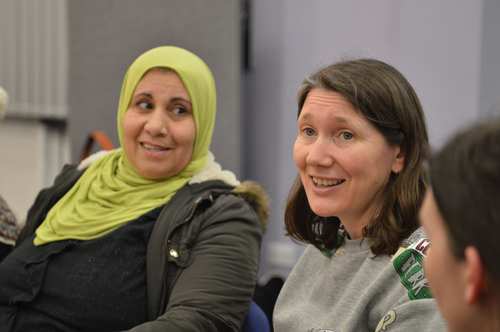
Barrie Llewelyn: Café Chit Chat – Creative workshops to enhance language acquisition and integration for people seeking sanctuary in Wales
Research by Senior Lecturer Barrie Llewelyn of the English Research Unit explores the links between writing and well-being. In the last decade, the increasing number of forced migrants, particularly but not exclusively from Syria, being re-settled in Wales has led to an increasing need for English language education provision. There is a growing realisation that language education by itself may not be wholly sufficient for fostering integration and social cohesion. Conversations and activities with native speakers are also essential for creating paths for socialisation into a new community.

Dr James Rendell of the Music, Performance and Media Research Unit: Audience of the Future – USW the Fictioneers and a plasticine dog!
USW, in collaboration with Fictioneers, a consortium made up of digital product development studio Potato, Augmented Reality (AR)/Virtual Reality (VR) studio Sugar Creative and games developer Tiny Rebel Games, were awarded the highly competitive UKRI Audience of the Future Demonstrator grant to further develop digital storytelling practice within the UK Creative Industries. As a result of USW research to support R&D, Fictioneers have become a globally recognised consortium with the IP winning a string of awards. This has supported them economically and has supported the digital sector’s growth in Cardiff, Bristol, and London.
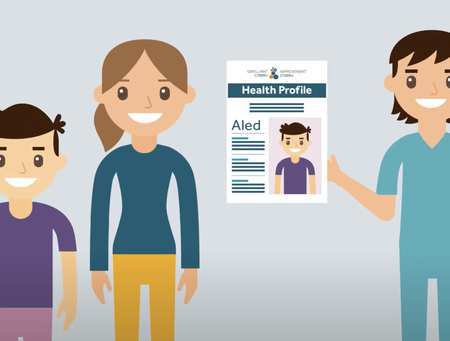
Professor Ruth Northway: The Once for Wales Health Profile – Improving Health Communication and Safety for People with Learning Disabilities
Research by the Unit for Development in Intellectual & Developmental Disabilities (UDIDD) has focused on the development of a tool to assist communication for people with learning disabilities in healthcare settings. A range of such tools already exist but they vary in terms of content, format and name. Commissioned by Improvement Cymru (part of Public Health Wales), this research sought to develop a unified document that would reduce such variation in order to promote greater patient safety.
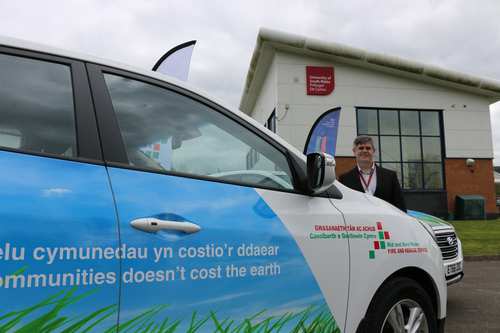
Jon Maddy: National and international strategy development and implementation of hydrogen systems for low emission transport and industry
Research by USW’s Hydrogen Centre focuses on the application of hydrogen technologies to achieve deep decarbonisation of industry, transport and the energy sector. The research has influenced the development of UK and Welsh Government policy on hydrogen and accelerated industrial engagement in decarbonisation, particularly through the development of novel techniques to recover hydrogen from steel making, and the formation and development of an extensive South Wales Industrial Cluster (SWIC) with more than 40 industrial partners from several sectors.
